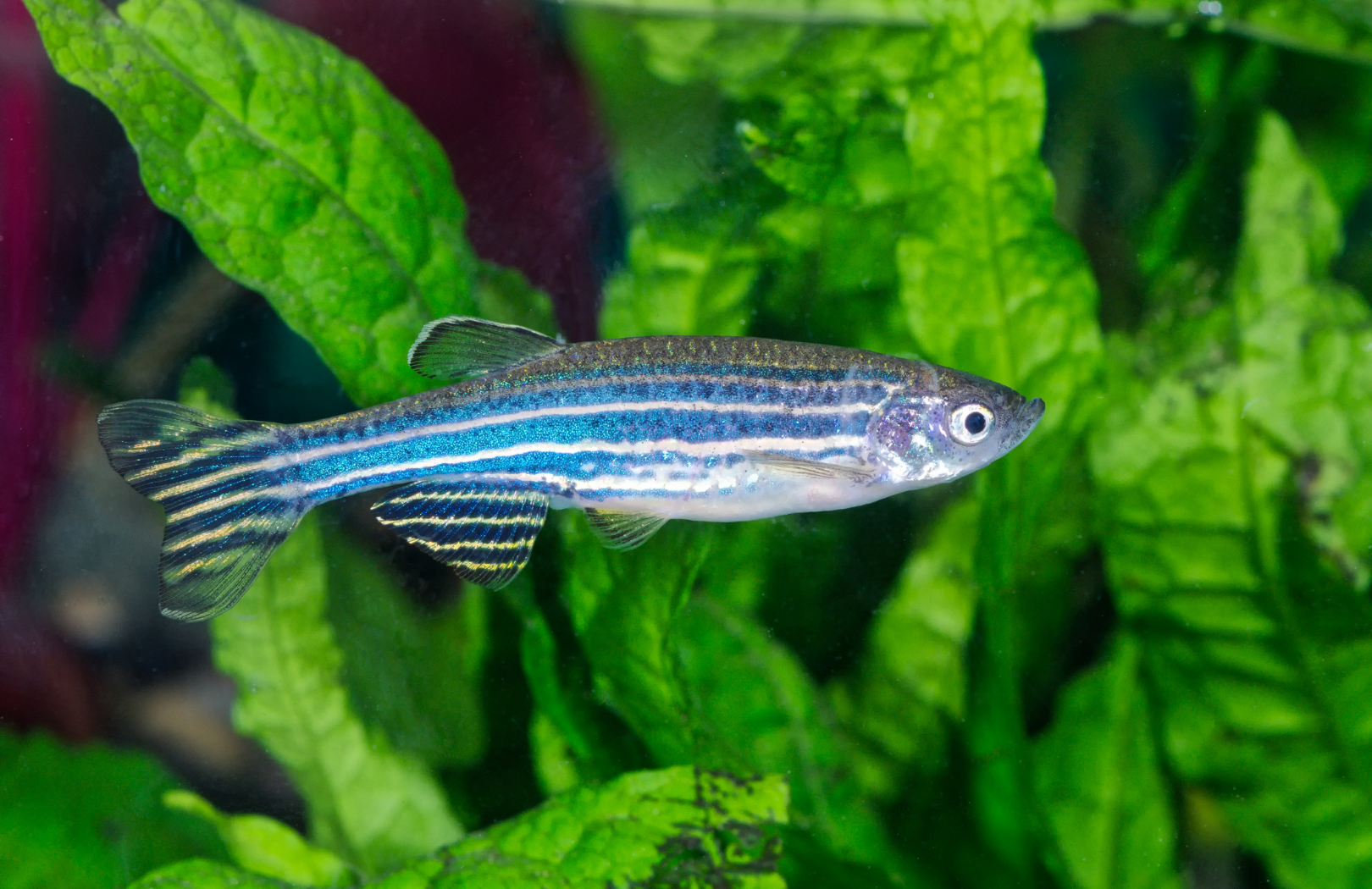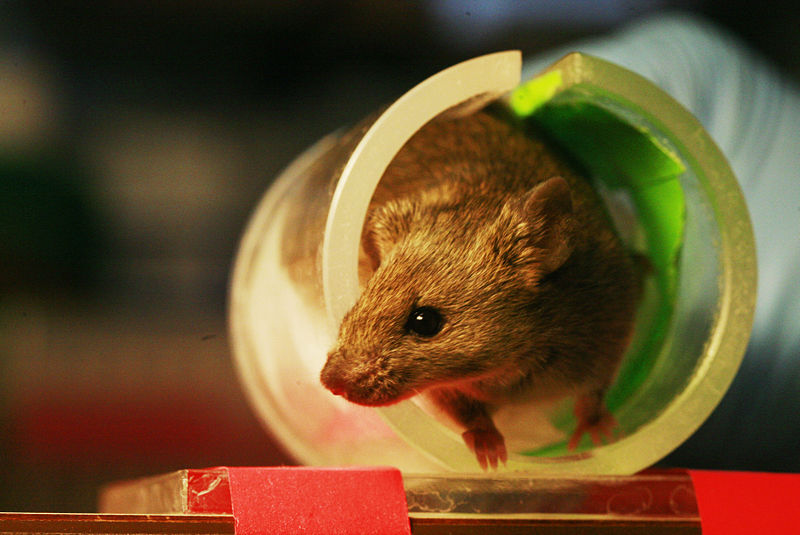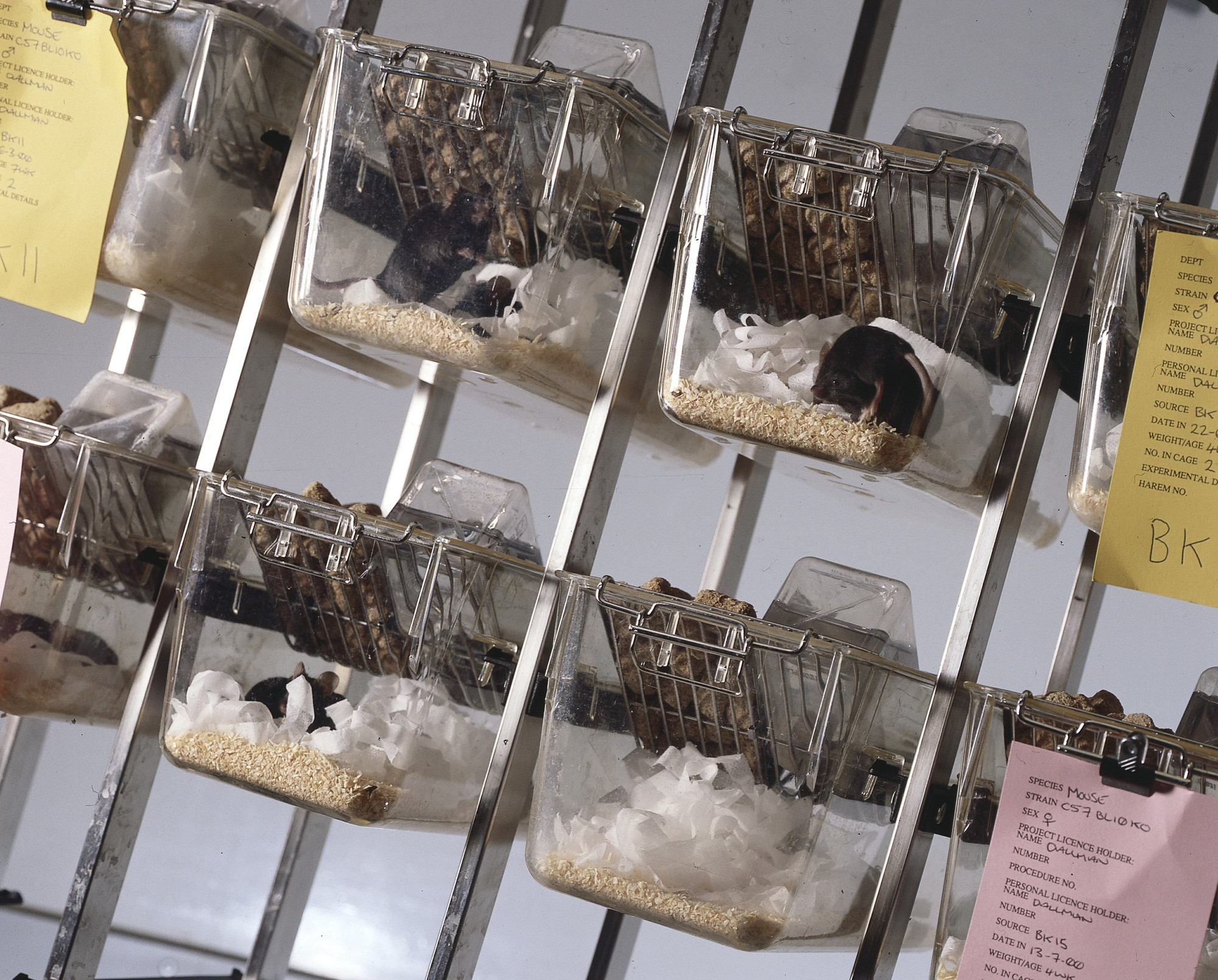Any decision to use animals in research is never taken lightly. We understand that not everyone agrees with animal research. It is hoped that the information in this section will:
- clearly explain the reasoning behind the use of animals in research;
- describe what we hope to learn from this research;
- explain how the welfare of the animals involved is a primary concern; and
- explain how researchers are working to reduce the number of animals used.
The UK has strict laws for animal research. Each study that uses animals requires a licence from the government for the person doing the research, for the project itself and for the place where the research will happen.
These laws are tightly regulated by the Home Office, which is responsible for carrying out the formal ethical evaluation and authorisation of projects. Any proposed research that uses animals must go before an ethics committee made up of scientists, vets and lay members who will decide if the potential benefits outweigh any potential harm to the animals.
MND is a fatal, rapidly progressing disease that affects the brain and spinal cord. It kills a third of people within one year and more than half within two years of diagnosis. MND can leave people locked in a failing body, unable to move, talk, swallow and eventually breathe. There is very limited treatment and no cure. Six people are diagnosed with MND every day. Six people die from MND every day. We believe the use of animals in research is essential to understanding, preventing and ultimately finding a cure for MND.




